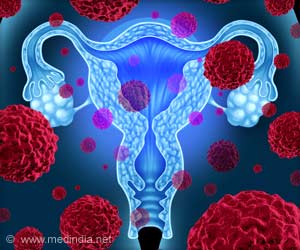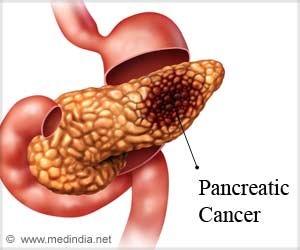According to the largest epidemiological study conducted it has been found that Acrylamide found in food does not lead to breast cancer in women
According to the largest epidemiological study conducted it has been found that Acrylamide found in food does not lead to breast cancer in women. Nearly 100,000 U.S. women participated in the study. It is for the first time that such a study is being conducted and its report will be tabled at the 234th national meeting of the American Chemical Society.
“At levels consumed in the diet, it appears unlikely that acrylamide in foods is related to breast cancer risk,” says study leader Lorelei Mucci, ScD, an epidemiologist at Channing Labs at Brigham and Women’s Hospital and Harvard School of Public Health in Boston.In prior work, her group also examined dietary acrylamide and risk of cancer of the colon, rectum, bladder and kidney, and similarly found no association. “Although we do not rule out that very high levels of acrylamide could cause cancer, it appears that at the levels found in the diet, it is unlikely.”
Acrylamide has been detected in many widely-consumed foods, ranging from French fries to coffee. The highest levels are in fried and baked products such as potato chips and other snack foods. Although classified as a probable human carcinogen on the basis of animal studies, there is currently no consensus on dietary acrylamide’s risks to human health. With food safety authorities in Europe taking steps to curb acrylamide, controversy has arisen over whether similar action should be taken in the U. S.
In a previous study among Swedish women, Mucci and colleagues found no association between dietary acrylamide and cancer risk. Now those findings have been extended to women in the United States. In the new study, researchers followed the a group of 100,000 U.S. nurses over 20 years (from 1980 to 2000) via periodic questionnaires about their dietary habits, including the type of foods eaten and their frequency of consumption. Researchers used the data to estimate daily acrylamide intake, while collecting information on the incidence of breast cancer among the women.
They identified over 3000 cases of breast cancer. The incidence of breast cancer among women with high acrylamide intake was about the same as that among women with low intakes, indicating a lack of association between acrylamide intake and breast cancer, the researchers say.
The lack of association between acrylamide and breast cancer was evident across both the U.S. and Swedish study populations despite divergent diets among the two groups, Mucci says. Among U.S. women, the largest source of dietary acrylamide is French fries, while in the Swedish women, the largest source is coffee.
Advertisement
Mucci cited several possible explanations for the different findings in animals and humans. Animals, for instance, were exposed to acrylamide levels 1000 to 100,000 times higher than found in the human diet. In addition, humans may detoxify acrylamide at levels found in the diet, she says.
Advertisement
Mucci and her associates are currently conducting an epidemiological study among a group of 3,000 men in Sweden to explore a possible link between acrylamide in foods and risk of prostate cancer. The new study will also examine blood biomarkers of acrylamide, as well as estimates from dietary questionnaires.
Their presentation highlights a symposium that includes 40 papers that explore possible mechanisms by which acrylamide could cause cancer, new food preparation techniques to limit its formation and other topics discussed in a related tipsheet.
Source-Eurekalert
BIN/J











